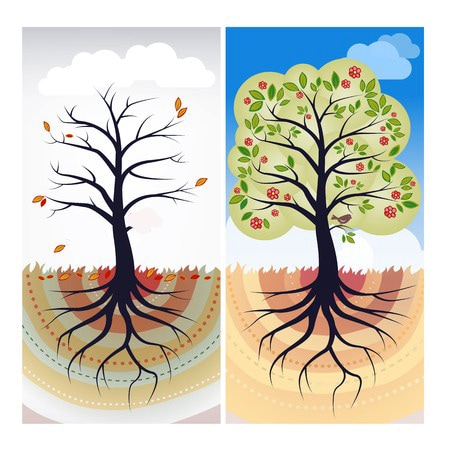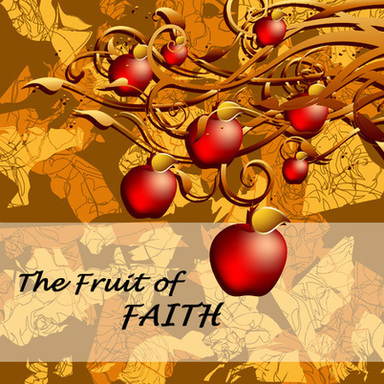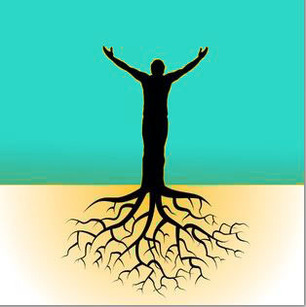SEVEN SIMPLE STEPS TO HELP YOUR CHRISTIAN LIGHT SHINE
By R. Herbert
Letting our “light” shine is a basic Christian responsibility, and this short book examines seven simple ways in which we can avoid short-circuiting the light God desires to show through us, and more effectively let that light shine. These principles can help us better reflect God’s nature, better do his work, and better fulfill his desire in our lives. Download a free copy of this new book directly – without registration or email address – from our sister site, here.

















 RSS Feed
RSS Feed
